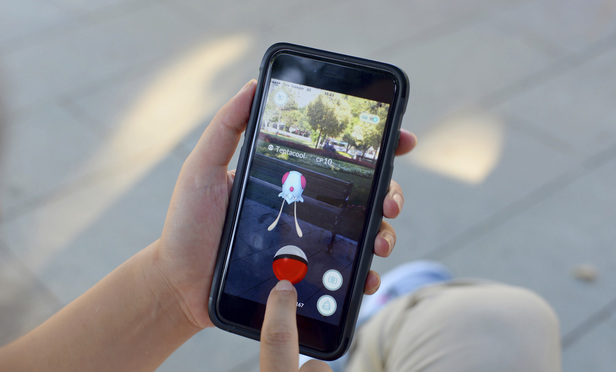While not a new technology, augmented reality (AR) became mainstream worldwide phenomena in 2016. But like any untested consumer technology, it faces fine-tuning to adopt to the laws and society around which it seeks to transform.
One of the best examples is Niantic’s Pokémon Go AR game, a seminal platform launched in 2016 which uses AR technology to superimpose interactive Pokémon characters onto what a user’s mobile phone’s video camera captures. In addition to wide fame and success, the game has also run into an array of unique lawsuits.
This content has been archived. It is available through our partners, LexisNexis® and Bloomberg Law.
To view this content, please continue to their sites.
Not a Lexis Subscriber?
Subscribe Now
Not a Bloomberg Law Subscriber?
Subscribe Now
LexisNexis® and Bloomberg Law are third party online distributors of the broad collection of current and archived versions of ALM's legal news publications. LexisNexis® and Bloomberg Law customers are able to access and use ALM's content, including content from the National Law Journal, The American Lawyer, Legaltech News, The New York Law Journal, and Corporate Counsel, as well as other sources of legal information.
For questions call 1-877-256-2472 or contact us at [email protected]



